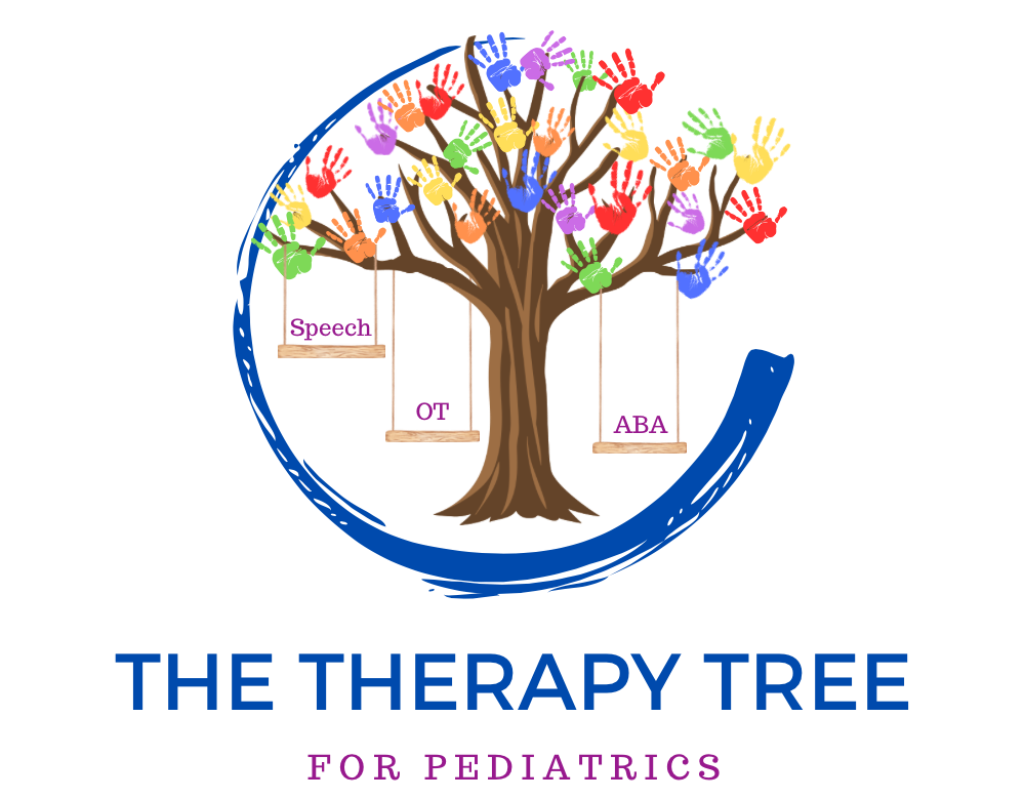Sensory Processing Challenges: What Parents Need to Know
Sensory processing refers to how the brain interprets and responds to information received from the senses—sight, sound, touch, taste, smell, movement, and body awareness. For most children, this process happens naturally and helps them interact with the world. However, some children experience difficulties with sensory processing, leading to challenges in daily routines, learning, and social interactions. These difficulties are often referred to as sensory processing challenges or sensory processing disorder.
Signs and Symptoms Parents May Notice
Every child experiences the world differently, but children with sensory processing challenges often show strong reactions to everyday sensations. Some may be oversensitive, covering their ears at loud sounds or avoiding certain clothing textures. Others may be under-sensitive, seeking constant movement or not noticing when they get hurt. These differences can affect a child’s ability to participate comfortably in home, school, and community environments.
The Impact on Daily Life
Sensory processing challenges can influence more than just comfort levels. They may affect communication, behavior, and learning. For example, a child who struggles with sound sensitivity may have difficulty focusing in a noisy classroom, while a child seeking movement may find it hard to sit still for meals or structured activities. Understanding these challenges can help parents respond with patience and find strategies that support their child’s growth.
How Therapy Can Help
At The Therapy Tree, we recognize that every child’s sensory experience is unique. Our play-based therapy model allows children to explore and engage in ways that feel natural and enjoyable. Speech therapy can help children who have difficulty expressing their needs and feelings related to sensory challenges, while Applied Behavior Analysis (ABA) therapy, available at our Douglas clinic, provides structured support to build coping skills and positive behaviors. By combining therapy with play, we help children develop strategies to manage their sensory experiences and thrive in everyday life.
Tools for Parents
Parents play a crucial role in supporting their child’s sensory needs. Simple adjustments, like providing a quiet space at home or offering sensory-friendly toys, can make a meaningful difference. If you’re concerned about your child’s development, the free M-CHAT-R questionnaire is a helpful starting point. This 20-question screening tool can guide conversations with your child’s healthcare provider and determine whether further evaluation is needed.
Taking the Next Step
Sensory processing challenges may feel overwhelming at first, but with early intervention and the right support, children can learn to navigate their world more comfortably. The Therapy Tree is committed to partnering with families to provide individualized care that helps children play, learn, and grow. With clinics in Douglas and Hazlehurst, Georgia, we are here to support families every step of the way.
